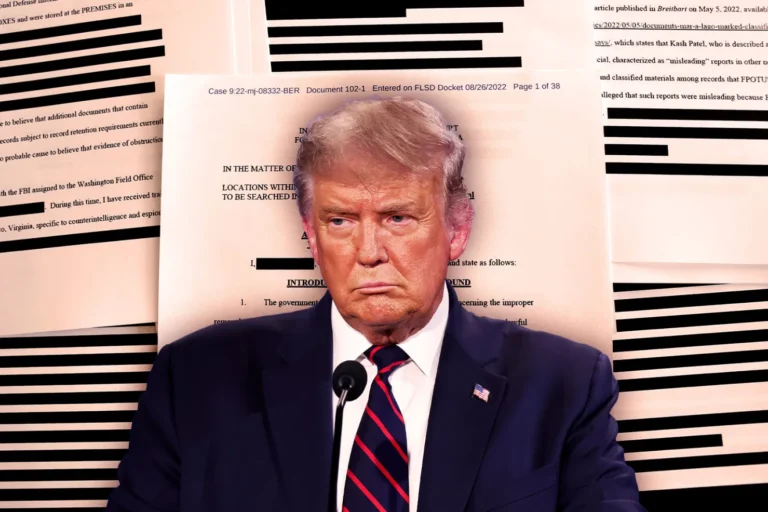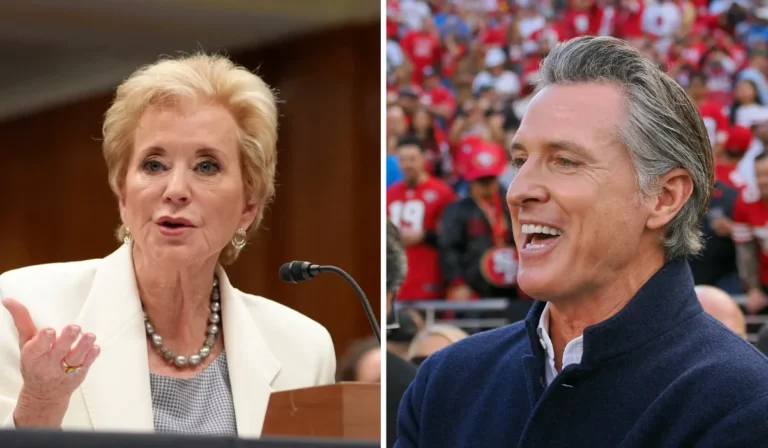DISGUSTING: Vietnam Just Shut Down 86 MILLION Bank Accounts of Their People After They Refused to…
When banks decide your access to money, the consequences can be sudden and sweeping. Vietnam just proved it by carrying out one of the largest financial purges the modern world has ever seen.
Earlier this month, the State Bank of Vietnam (SBV) confirmed that commercial lenders had deleted more than 86 million bank accounts — nearly half the nation’s total. The move followed new rules requiring biometric authentication, such as facial scans or fingerprint checks, for both account verification and certain transactions. Accounts that failed to meet the new standards or had been inactive were simply shut down.
Officials framed the measure as necessary to fight fraud, cybercrime, and money laundering. But the scale of closures shocked many, stripping millions of citizens of their financial lifeline in a matter of days.
Vietnam had roughly 200 million bank accounts before the purge. After the crackdown, just over 113 million remained active. That means nearly half of all accounts in the nation vanished under the stroke of a regulation.
For foreign residents, the situation has been especially difficult. In-person checks are mandatory, and remote compliance options are virtually nonexistent. Anyone living abroad or unable to travel quickly has been left stranded without access to their funds.
The purge demonstrates a chilling reality: financial access under centralized banking exists only at the discretion of regulators and politicians. What citizens assume is “their money” can disappear instantly if government says so.
“This is why we’re using Bitcoin,” one X user posted after the news broke. The statement captured the rising sentiment that decentralized alternatives are the only shield against state overreach.
This is not an isolated case. From Canada to China, governments have weaponized banks against their own citizens. During the 2022 Freedom Convoy in Canada, authorities froze bank and crypto wallets connected to truckers and their supporters. In China, rural bank customers found their deposits frozen for months in 2022, sparking rare street protests.
The United Kingdom also routinely deploys “account freezing orders” under anti-money-laundering laws, which often ensnare ordinary customers. And in the United States, civil asset forfeiture empowers authorities to seize assets even without a criminal conviction.
Critics argue that such actions expose a structural weakness: money in the traditional system is never fully yours. It exists at the mercy of institutions and regulators. With Vietnam’s purge, this weakness is on display for the world to see.
Supporters of biometric banking say the rules safeguard against fraud and protect consumers. But to millions who lost their accounts, the policy is punishment, not protection.
By tying financial access to biometric identity, Vietnam has concentrated immense power in the hands of government. A technical glitch, a political shift, or a compliance failure can now erase access to savings overnight.
The irony is that in trying to project strength, Vietnam may have given the strongest argument yet for decentralized money. Every deleted account is a billboard for Bitcoin.
Bitcoin doesn’t require biometric scans. It doesn’t ask for government-issued IDs. It cannot be frozen or deleted by decree. It moves peer-to-peer, beyond the reach of centralized control.
Advocates argue that Bitcoin offers genuine financial sovereignty. As one crypto supporter put it, it provides “protection not only from cybercriminals but also from state overreach or unforeseen regulatory changes.”
In this sense, Bitcoin is more than an investment. It is insurance against the tyranny of compliance mandates. It is freedom preserved in code.
The Vietnamese example shows how fragile trust in traditional banks really is. Citizens believed their money was safe, but half the accounts in the nation vanished almost overnight.
And this wasn’t triggered by war or financial collapse, but by regulation. A simple rule change from the central bank was enough to sever millions from their savings.
That precedent should terrify anyone paying attention. If it can happen in Vietnam, it can happen anywhere. Governments worldwide are increasingly knitting identity systems directly into financial access, creating a new era of digital control.






